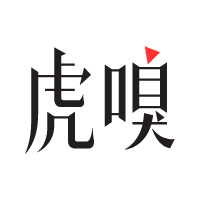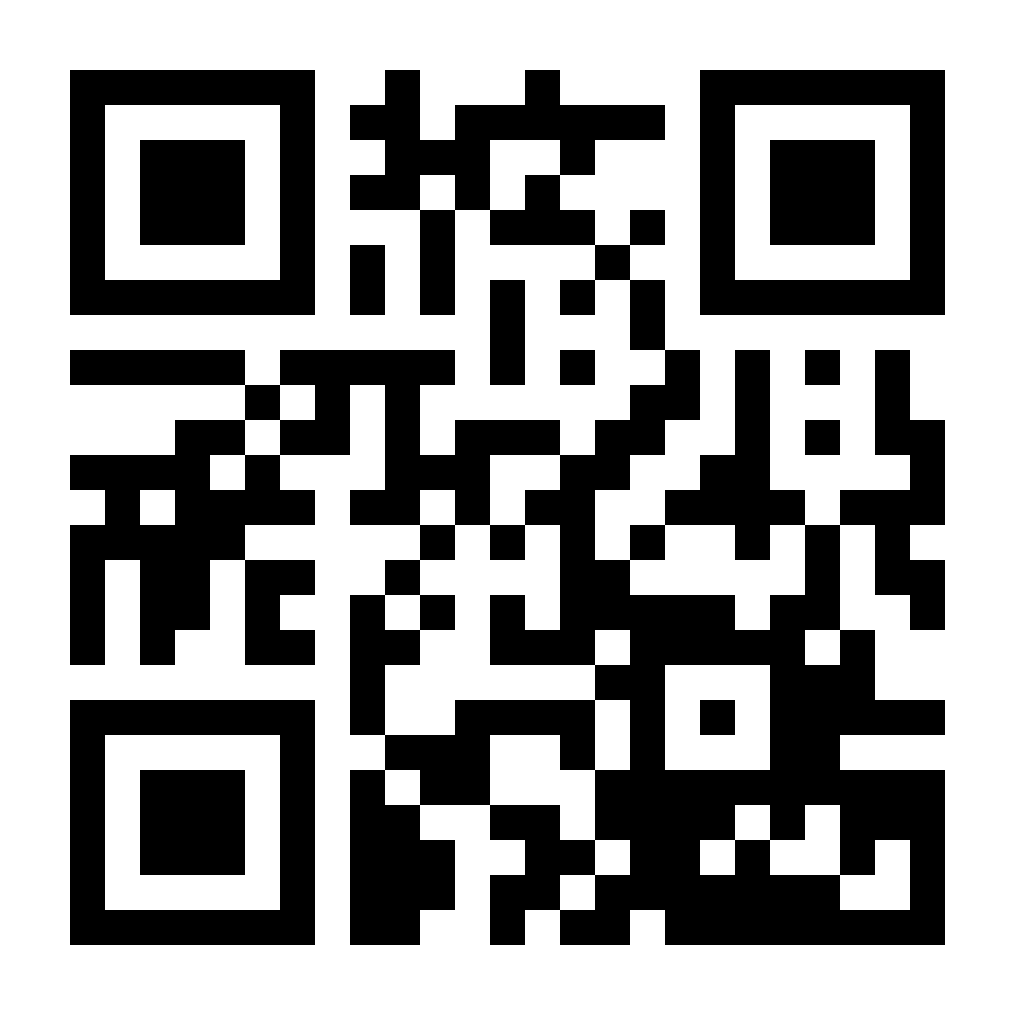

扫码打开虎嗅APP
虎嗅注:上个月(5月17日)ImageNet举办方公告称百度在近期的大规模视觉识别挑战赛(ILSVRC)中存在违规行为,组织方已经要求百度停止在明年提交ImageNet测试成绩。媒体报道后,事件持续发酵。近日,Andrew Ng(吴恩达)发给相关员工的最新邮件表明,在ImageNet中作弊的百度深度学习小组科学家Leader Ren Wu(吴韧)被解除劳动合同,即刻生效。
关于“百度作弊”一事,各方评论众说纷纭,虎嗅发现,综合各方观点来看,这其中至少有三个疑点:
先来看看吴韧同学是怎么加入百度的:吴韧曾是AMD异构系统首席软件架构师,更早时期曾担任美国惠普实验室资深科学家及CUDA研究中心首席研究员。他是最早利用GPU进行海量解析的专家之一。2013年9月下旬,吴韧博士正式加盟百度深度学习研究院(Institute of Deep Learning,IDL),出任“杰出科学家”。
疑点一:五人参赛团队,“作弊”不设防火墙?
此次参加ILSVRC挑战赛的百度异构计算团队只有五人,从5月17日ImageNet公开信发布后,百度方面第一时间出面回应的情况来看,吴韧应该是该项目团队的负责人。百度最近宣布的调查结果也证实了这一点。
吴韧被解职的消息发布后,有声音指出“吴韧同志的三点错误:一、直接带一线团队,不给自己设防火墙,出了事顶包的都没有,自己做了人家的防火墙。二、出了这种事应该立即辞职,保全名声,结果很大不同。三、错投百度,四万人单位,值得去嘛?”对吴韧的一系列反应表示提出质疑:
一个不了解机器学习圈子的队伍参加机器学习的比赛,这个决策是谁做出的;如果没有作弊,拿了第一,出去吹牛逼的人是谁?出了纰漏,背黑锅的会是谁?也许吴同学眼里只有胜败,在胜败面前迷失了,当出现了这种重大情况后,也许迅速离职的话,就不会像现在这样被动,面子和里子之间,一定会选择让里子脏,而不会让面子脏的,百度的技术声誉是大局,牺牲的一定是个体。
曾经有一个大佬空降到一个公司,然后抓我去做个中层,语重心长的对我说,我需要一个防火墙,隔离带,你帮我顶,你下一线指挥作战,做出成绩我不会亏待你,万一出问题,你顶包走人,我也不会亏待你,说得很直白。那是我第一次知道,原来还有这么个角色定义,吴同学太实在了,亲力亲为,直接指挥一线作战,在一个创业公司这很好,在内部斗争激烈的大公司,这样做风险是很大的。
吴韧的做法,是否有欠缺之处,各方观点不一。但是不设“防火墙”,的确奇怪。
疑点二:吴恩达5月17日启动调查,余凯6月5日辞职,时间点过于巧合?
从吴恩达所发出的内部公开信(见文末)来看,5月17日在ImageNet发布公开信之后,百度立刻开始展开了内部调查。6月11日,百度宣布吴韧离职。但是就在这段时间里,也就是6月2日,百度深度学习研究院副院长余凯离职,工作事务交由吴恩达代理。虽然有媒体猜测余凯是离职创业,而余凯的确也在辞职信中表示要“开始创建一家机器人技术公司”,但是从时间上来看,的确过于巧合。
疑点三:“刷分”手段并不高明,百度自取其辱?
百度此次参加ILSVRC,被主办方质疑使用多个帐号在测试集上密集提交结果,有媒体用“拿小号刷数据”来形容百度的作弊手法。作为机器视觉领域一次全球顶级的挑战赛,百度的这种“作弊”手法是否有些太小儿科了?“使用多个帐号在测试集上密集提交结果”的多个帐号,是否容易获得?
如果不是的话,这些帐号百度是怎样得到的?如果是的话,百度的诸位学术大牛们,如此密集的提交结果,太过明显,是否低估了主办方的技术水平?
如下为吴恩达发给百度内部的邮件:
Dear fellow Baiduers,
On May 17, 2015, the organizers of the ImageNet Large Scale Visual Recognition Challenge (ILSVRC) contacted Baidu’s Heterogenous Computing team, a five-member computer systems engineering group, to inform them that they had exceeded the allowable weekly number of submissions to the ImageNet server.
Immediately, we launched our own inquiry to understand what had happened. While the inquiry was underway, we specifically refrained from making public comments to the press and on social media, out of fairness to both the Baidu employees and the ImageNet organizers. This week, we concluded the inquiry.
We found that the team's leader, Wu Ren, had directed junior engineers to submit more than two submissions per week, a breach of the current ImageNet rules.
Any action that runs counter to the highest standards of academic integrity and scientific integrity, no matter how large or small, is completely unacceptable and does not reflect the culture of our company. We have zero tolerance for such behavior. We have therefore terminated Wu Ren’s employment with the company, which has taken effect immediately.
During the inquiry, we verified that the Heterogenous Computing team's work was not connected in any way to any image recognition research by other teams at Baidu. We are also reorganizing the Heterogenous Computing team, and placing the remaining four junior engineers under the leadership of Xu Wei, under whom we expect to receive better guidance.
It is impossible to over-emphasize the importance of integrity. On matters of integrity, there is no compromise, and there is no “gray zone.” We must learn from this experience, and never allow any individual or any team to make any similar transgression.
There were several specific points of failure relating to this incident which I’d like to mention, because they are instructive for us going forward.
First, in the early days, some of the junior engineers had heard rumors of other organizations having multiple ImageNet accounts, and thus felt it was okay to have multiple accounts. However, others’ transgressions do not mean we can do the same.
Second, because the team was a computer systems rather a computer vision team, they didn’t understand the importance of avoiding overfitting, and there was also some ambiguity about the application of the ImageNet rules. If we don’t understand a rule, we can seek clarifications, but one must nonetheless be careful not to commit a transgression of it.
Finally, Wu Ren had supervised a team of junior engineers, who unfortunately did not receive early critical feedback from other leaders or from more knowledgeable computer vision researchers that their behavior was unacceptable. In order to give junior engineers an outlet and safe place to discuss any concerns, we are forming a Scientific Advisory panel that engineers with questions can confidentially and safely approach for advice.
The Scientific Advisory panel will initially comprise senior scientists Zhang Tong, Xu Wei, Huang Chang, and me. Any engineer who is concerned about the scientific integrity of any action of any team or individual is required to approach a member of this panel to ask their advice. If an engineer fails to approach the Scientific Advisory panel in a timely manner with their concerns and is subsequently involved in an act that breaches scientific or academic integrity, then even if these actions were carried out with the knowledge or direction of their supervisor, the engineer may be dismissed.
As our technology advances and as we become more prominent globally, we will naturally experience greater levels of global scrutiny. In today’s environment, it is also possible for the malfeasance of 2-3 engineers to tarnish the work and reputation of 47,000 others.
However, the reason for behaving with integrity is not that we are worried about external scrutiny. We will behave with integrity because it is who we are, and because this is how we want to build our company. Any other behavior is unacceptable and will not be tolerated.
Andrew Ng
